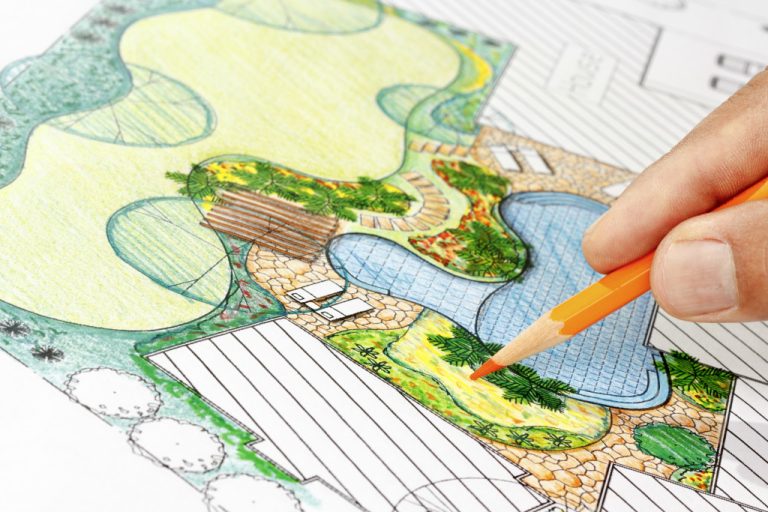Investing in undeveloped land is not for the faint of heart. Unlike commercial property investments, it requires complex investing strategies that need plenty of time, extensive research, and a lengthy process. Because of this, it is often viewed as an investment strategy for experts. While all of this is true at specific points, land investment isn’t necessarily reserved for seasoned investors only. Beginners can get their hands in it, too.
Land development investment offers many opportunities. From investing in single-family housing to upscale subdivisions, the land investment sector offers many options beginners can pursue. With careful planning and proper preparation, it can become a worthy investment.
Find out what strategies you can consider in preparation for investing in land development in today’s article. They are categorized into strategies when investing, developing land, and choosing the right land developer.
Investment Strategies
Always get the latest updates about the land development sector. This includes conducting a complete market analysis and monitoring market conditions over a specific period. It can also mean knowing what the current projects in your area and region are. Most importantly, you must understand the potential risks involved with your investment. Knowing these factors can help you decide what kind of project to pursue and when to start developing land.
Aside from understanding these factors, it would be best if you determined your investment’s holding cost. While return on investments (ROI) for land development in general takes time, ROI for each project varies. Some take months, and others take years. Determining your project’s holding cost can help you prepare for those in-between stages and periods when you’re not expecting any ROI. It can also help you decide on which type of project you should pursue.

Land Development Strategies
When developing a land you’ve invested in, you should consider its zoning issues for planning, environmental impact, and infrastructure improvements.
Before you purchase land for development, look into its zoning issues. It may not be appropriately zoned yet, or local ordinances limit it. It will need rezoning, which takes a lot of time, paperwork, and resolution strategies. You may need to hire a legal team for this purpose. In other words, zoning issues can affect your plans to proceed. Knowing it beforehand can help you make an informed decision whether to pursue a land or choose another location.
However, if you don’t mind waiting and hiring zoning experts, you can still proceed with your plan on land with zoning issues. Rezoned developments can reach steep prices. It will be worth it to resolve the problems first.
Aside from zoning issues, look into required infrastructure improvements. Some cities and towns require developers to improve infrastructure on a community level. They can require you to install sidewalks, replace old sewer or water pipes, provide public parking spaces, or enhance road conditions.
Some cities and towns can also require developers to follow environmental standards and codes. You might be required to use sustainable materials and build houses based on LEED certifications.
You might also be required to detect toxic chemicals in the soil and remediate hydrocarbon contamination. For the latter, you can use the latest technology using nano-sponge technology. Often, contaminated soils are the result of previous businesses standing on the site.
Land Developer and Home Builder Strategies
Developing land requires a combined effort of engineers and professionals of other disciplines, project managers, and consultants. It will help if you put together your own team consisting of these professionals. The land development process, which generally includes site assessment and design, planning and development, approval, and construction, requires the expertise of these professionals.
You can consider hiring a land development company that will put together this team for your project. For each stage of the land development process, they can offer specialized services that include site feasibility studies, floodplain analysis, stormwater management, sewage facility planning, erosion control, and grading and earthwork. They can also provide street design, recreational sites, parking design, utility coordination, and trail design.
You can also consider land developers that are also home builders instead of hiring two separate companies. People often interchange the two when, in fact, they are different. They accomplish two different tasks. Land developers develop land, while home builders build houses.
Simply put, hire reputable developers and builders.
Land Development and Its Economic and Social Impact
When people see development, they see growth. While land development is a lucrative investment, it’s not just about the money. Your project can also have economic and social benefits for the local community. Your project can provide jobs in the construction phase and after the development is complete. Residential development constantly stimulates business, tourism, and educational growth.
In other words, land development is a wise investment with a long-lasting impact. Economies must thrive. Consider the strategies above and the preparation involved if you want to make a long-lasting impact.



